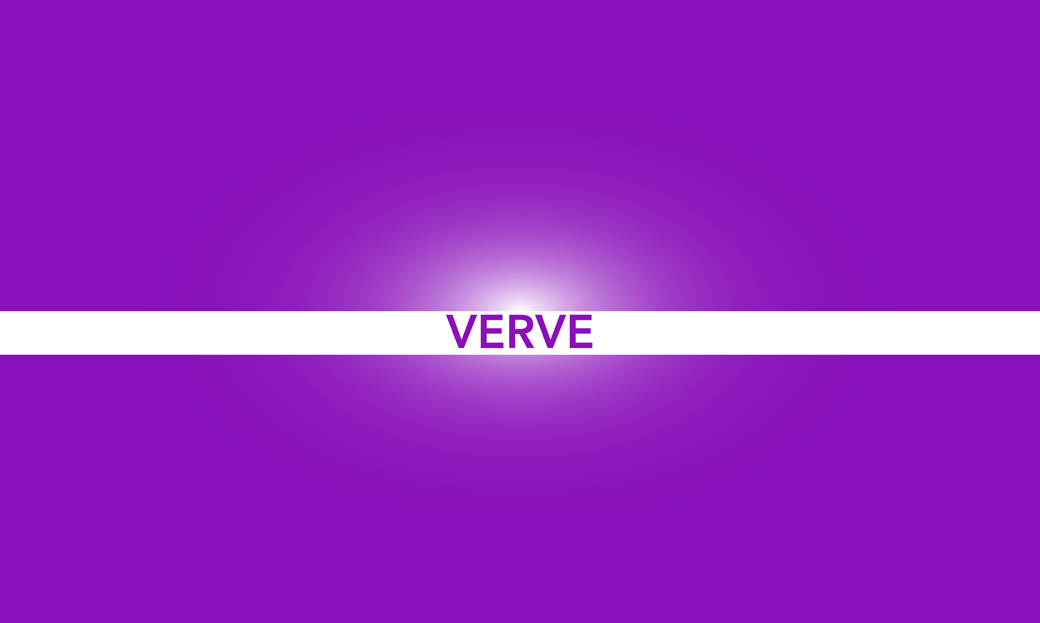
Speech and debate team to compete at national tournament
Five members of the University of South Dakota speech and debate team will travel to the University of Ohio in Athens, Ohio to compete in a nationwide tournament April 16-20.
The team, which is affiliated with the American Forensics Association, currently competes in Minnesota, North Dakota and South Dakota, and attended eight regional tournaments this year. Next year, the team will begin attending tournaments in Nebraska.
This is not the only change coming next year. Jesse Mohling, the team’s current coach and a graduate student at USD, will hand over the reins to Shane Semmler, associate professor of communications, beginning next year. Semmler jumpstarted the team in 2012 but took a break from coaching this year to focus on teaching and research.
Semmler said the national tournament will be very competitive.
“There’s a lot of pageantry at the national tournament,” Semmler said. “The National Forensics Association’s tournament is the oldest national individual events competition in the country, and they take pride in that.
buy nolvadex online https://redemperorcbd.com/wp-content/languages/new/prescription/nolvadex.html no prescription
”
The five students will compete in events such as extemporaneous speaking, an event in which students have 30 minutes to prepare a seven-minute speech about a randomly-chosen current event. Another event is dramatic interpretation, in which participants portray a character in a serious literary speech.
The students will become part of a National Assembly which “will determine some of the rules of the activity,” Semmler said.
On average, a day at the event can run anywhere from 7 a.m. to 10 p.m., and when students are not competing in a round, they are expected to observe others.
“It’s really exciting at the national tournament because it’s the best people in the country,” Semmler said.
The previous program was discontinued in 2006 but was restarted in 2012 after a few of Semmler’s students showed interest in participating in Parliamentary debate on a regional level. Semmler and the team attended one tournament that year.
A lack of members caused the program to falter last year, Mohling said.
“It hasn’t been the most successful,” Mohling said. “But then this year we really grew the program a little bit, and it went from one to five qualifiers in a lot more events, so it’s been building up pretty nicely.”
Sophomore Rebecca Froehlich, president of the speech and debate team, said she decided to join the team to better her communication skills.
“I was really bad at public speaking and afraid of doing it, so I thought, ‘I’m going to have to learn to do it later on in my career, so I should learn to do it now,'” Froehlich said. “Once I was actually on the team, I started to really enjoy it.”
Froehlich was the sole qualifier for last year’s national tournament and will be attending again this year. She believes the program is a very positive experience.
“Going to the national tournament last year was exciting, and it was one of the reasons that I wanted to continue doing it,” Froehlich said. “You get to see what other people from other parts of the country think about certain issues, or what they’re passionate about, and you get to meet new people.”
Froehlich said the community itself is very friendly.
“The environment of the competitions are just very welcoming and friendly, and it’s a very supportive activity to be in,” Froehlich said.
Being in speech and debate helps students on an intellectual level, Mohling said.
“If you’re in speech and debate you have better academic success,” Mohling said. “You can take what you learn in classes and apply it, and it just kind of rounds out the whole academic experience.”
Froehlich said South Dakota is a great place for orators to grow and believes the future of the team will be bright.
“South Dakota has a lot of really good high schoolers in forensics in both debate and in interp,” Froehlich said. “It’s fertile ground for teams. I think it can only get better at USD.”
Semmler said seeing the strongest debaters graduate last year was hard on the team but opened a window for more members to partake in individual oral interpretation events.
“We have a very stable team right now,” Semmler said. “We have a core group of students who are very involved in the activity and are willing to work hard for the activity, we have the core support necessary for next year, and so I’m very optimistic when I say I think the team will have success in the future.”
The majority of the group is young, Mohling said, and this will help the team grow in the future.
“Of all the students on the team, two of them are sophomores and the rest are freshmen, so there is a lot of potential for them to grow over the next three or four years and become better speakers,” Mohling said. “Expectations are really high, and I think we have a good core group right now, and if we keep adding year after year, it could be kind of a formidable team within this region.”

